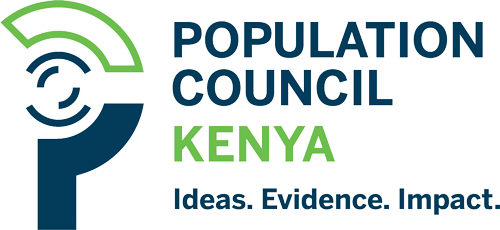The Context
The estimated 1.3 million new HIV infections reported in 2022 were the fewest in decades, with the greatest declines being experienced in regions with the highest HIV burden including Eastern and Southern Africa (1). Still, global progress in reducing new HIV infections has been slow, with the number of new infections among adults decreasing by only 31% from 2010-2020, falling short of the 75% target for 2020 (1).
In Zambia and Zimbabwe in particular, since 2010 significant progress towards the UNAIDS 95-95-95 goals have been made. Zambia had a 46% drop in new HIV infections and Zimbabwe an impressive 78% (2) (3). However, in both countries, HIV infection rates remain high, key and vulnerable populations continue to bear a disproportionate burden of HIV, and inequities persist in access to and use of HIV prevention interventions (1).To sustain the gains made, more accelerated and targeted efforts are essential, backed by the scale-up of evidence-based prevention strategies, removal of systemic barriers, and enhanced governmental commitment towards ending HIV by 2023.
What is STRIDE?
In response to the above context, the Bill & Melinda Gates Foundation (BMGF), has funded the Clinton Health Access Initiative (CHAI) to implement the STRIDE initiative (Sustainable Transitions to Resilient, Integrated Combination Prevention and Dissemination of Evidence) to support Ministries of Health (MOHs) and National Aids Councils (NAC) in Zambia and Zimbabwe. The focus of the STRIDE initiative is on promoting integrated, evidence-based, and sustainable approaches to HIV prevention. A key aspect of the initiative is the documentation and dissemination of key insights to both local and global audiences, with the aim of influencing the HIV prevention agenda, particularly in other high burden settings.
CHAI, through STRIDE, has contributed to addressing country-specific needs for sustainable HIV prevention responses, making notable progress within MOHs through diverse approaches. Working in close collaboration with MOH and NAC in both countries, STRIDE provides technical assistance to enhance capacity across four critical areas in HIV prevention programming: people, systems, processes, and tools. The figure below provides an overview of our priorities and progress to date.

Through strategic collaboration with HIV prevention stakeholders in Zambia and Zimbabwe, the STRIDE initiative continues to strengthen capacity within the HIV prevention program significantly, advancing integrated HIV prevention efforts and enhancing data use for decision-making. These ongoing efforts drive sustained enhancements in the HIV prevention programme and play a pivotal role in ensuring the long-term sustainability of HIV prevention initiatives in the region.
Find out more:
References
- UNAIDS. Global AIDS Update2023. Geneva : Joint United Nations, 2023.
- Zimbabwe Ministry of health and childcare. Zimbabwe National HIV and AIDS Strategic Plan 2021-2025. 2020.
- UNAIDS. HIV sub-national estimates viewer. Naomi-spectrum unaids. [Online] [Cited: 3 February 2023.]https://naomi-spectrum.unaids.org/.



















